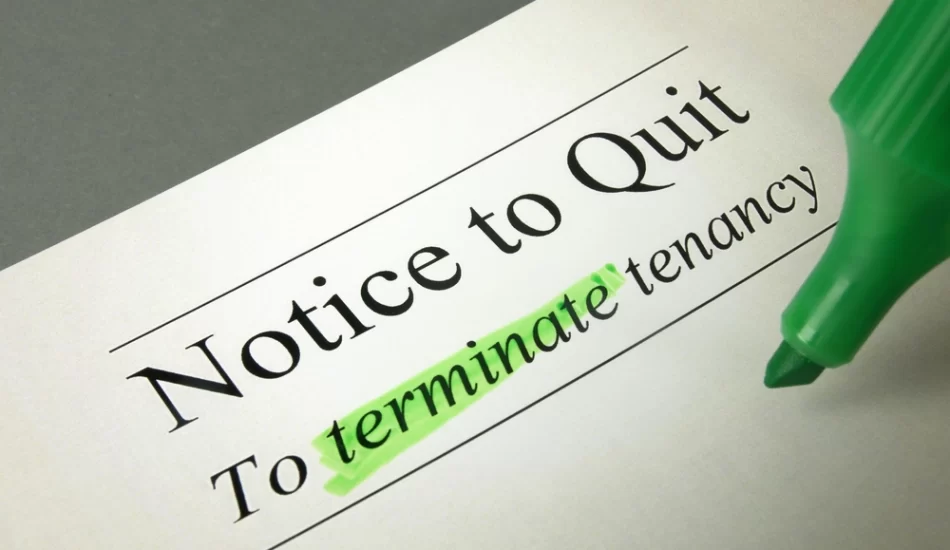Evicting a Tenant But They Won’t Leave? What Happens Next

When a tenant has breached their lease obligations or has engaged in other activities to justify an termination of their lease, then it may be necessary to pursue an eviction. To legally complete an eviction you must comply with certain procedures. In some situations, even after an eviction the tenant refuses to leave. For assistance with evictions and removing tenants who refuse to leave, contact Tierney Law Group to speak with a Pleasanton real estate attorney.
What can you do when a tenant refuses to leave?
To lawfully evict a tenant who refuses to leave after they have violated the terms of their lease or if the lease term has ended, then you must go through the eviction process. A legal eviction requires providing notice to the tenant and then filing the appropriate documents with the court. If the tenant contests the eviction, then a hearing will be held to determine whether the tenant will be evicted.
If an eviction is ordered, then the tenant must vacate the premises. Sometimes the tenant refuses to leave, even after the court issues an order. In these situations, the landlord can request the assistance of law enforcement to remove the tenant. Law enforcement will require a specific directive from the court in order to assist.
How can an attorney help with an eviction?
When evicting a tenant, it is important to comply with all of the legal requirements. Failure to comply with these legal requirements could result in the eviction being denied and may also result in liability to the tenant. To ensure that your eviction is done correctly, contact a Pleasanton real estate attorney.
In response to the Coronavirus [COVID-19] pandemic, the Judicial Council of California on Monday April 6th placed on hold nearly all evictions in the state.
The council’s vote at an emergency meeting effectively suspended all unlawful detainer actions until 90 days after California’s COVID-19 state of emergency ends.
The vote goes much further than Gov. Gavin Newsom’s eviction moratorium, which he declared through an executive order in March. That order banned the eviction of renters unable to pay the rent because of financial hardships tied to COVID-19. A previous order issued by Newsom expanded the Judicial Council’s emergency authority, making Monday’s sweeping action possible.
Specifically, the rules approved by the Judicial Council do the following:
- Suspend the issuance of a summons in an unlawful detainer action, unless the court finds there is a health and safety reason. This means new unlawful detainer cases cannot be filed in most circumstances.
- Prevent entry of default and/or default judgments in unlawful detainer cases, unless the court finds there is a health and safety reason and the defendant has not appeared.
- Mandates that unlawful detainer trials be set no earlier than 60 days after a request for trial, again unless there is a health and safety reason. All trials on calendar as of April 1 will be continued at least 60 days.
An attorney can provide legal advice and representation to assist you with the process. At Tierney Law Group, our attorneys are experienced with evictions and know how to efficiently address landlord and tenant issues. Contact us to learn more.


